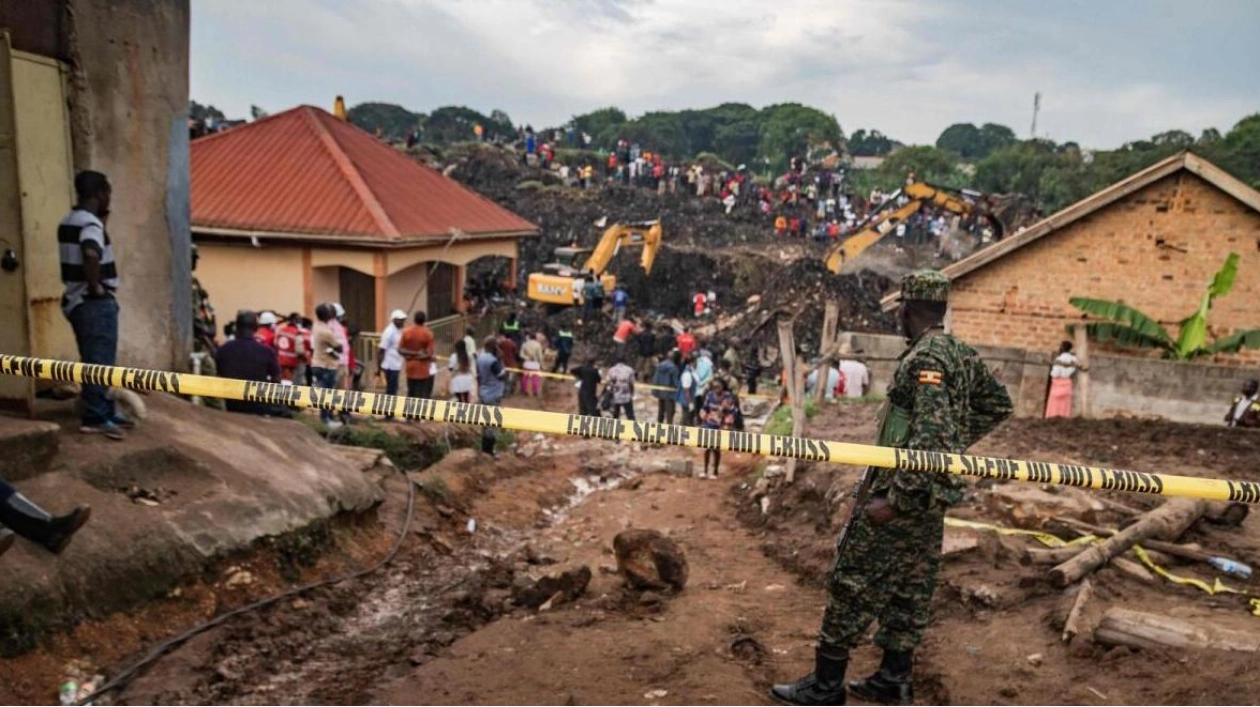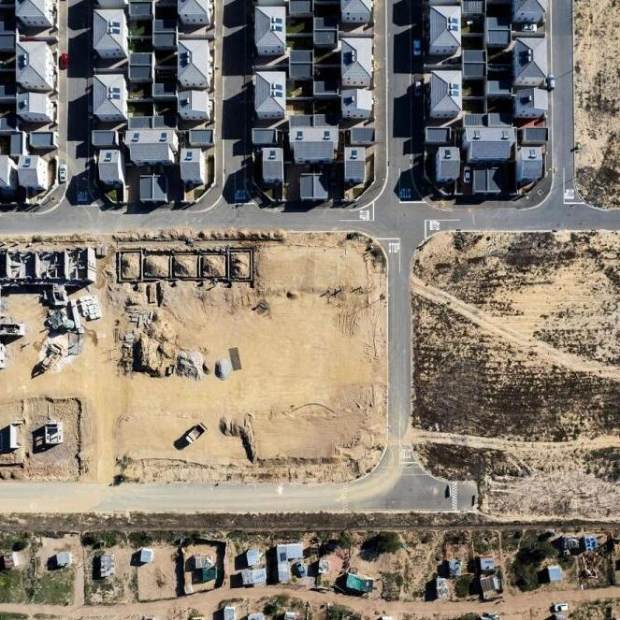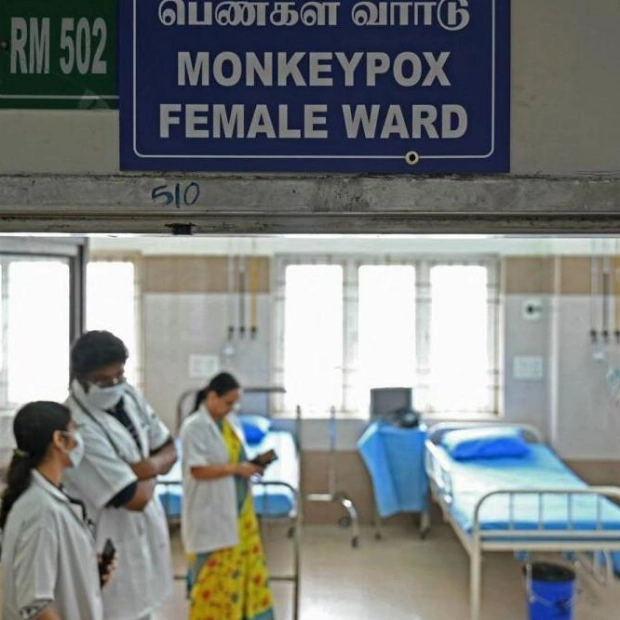Esther Nalukwago, a 42-year-old mother of twins, escaped her home in Kampala, Uganda, partially clothed in panic as a deluge of decaying waste flooded her residence, resulting in at least 23 fatalities including children. "I witnessed one side of my room caving in. I rushed out half-dressed," she recounted to AFP on Monday, amidst the ruins of her home in Kiteezi, a northern district of the city.
"When I was outside, trembling from fear and panic, the neighboring houses were buried under a cascade of black soil, and soon after, people were crying out," she described. Numerous rescuers, wearing minimal protective equipment, braved the morning rain to sift through the foul landslide, thought to be triggered by recent heavy rains. The death toll climbed to 23 on Monday, with authorities previously reporting that five children were among the victims.
Despite the foul odor and ignoring the large Marabou storks scavenging a maggot-infested sack, scrap-metal collector Nalukwago expressed gratitude that her twins were at school during the incident. Others were less fortunate. "What occurred on Saturday is an event that will remain etched in my memory for years," said Isma Mwogezi, who lost his wife and two children. The 61-year-old, who had lived in the area for nearly four decades, raising 11 children, criticized President Yoweri Museveni's offer of five million Ugandan shillings (about $1,300) to each bereaved family for every fatality.
"No sum of money can replace a lost life," he asserted. Museveni, who also provided $270 for each injured person in the landslide, clarified that the funds were intended to aid the families rather than compensate for the losses. Standing where his two-bedroom home once stood, a frustrated Mwogezi questioned the authorities.
"Why delay compensating people instead of preventing deaths?" "The government should acknowledge and accept the error," echoed local community leader Abubaker Semuwemba Lwanyaga. The 36-acre (14-hectare) landfill, established in 1996, processes nearly all of Kampala's collected garbage, about 1,500 tonnes daily. However, concerns about the site have persisted since its inception, with many residents having lived there since childhood.
"We complained about the smell from decaying garbage, our water sources were polluted, and people were getting sick due to filth and pollution," Lwanyaga stated. "The government should have relocated people if they intended to establish a landfill and compensated them, rather than waiting for a disaster to occur," he added. In January, Kampala mayor Erias Lukwago cautioned that those working and living near the Kiteezi dump faced significant health risks due to overflowing waste.
As the search and rescue operation continued, Lukwago was somber, acknowledging a shift in focus. "We do not anticipate finding any survivors at this point," he said.






